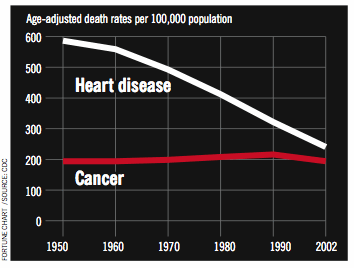In Juan Enriquez’ TED talk earlier this year, he made the point that humans have entered a new phase of evolution, one that has not been seen on before modern humans and their technology. This, of course, is one of the main theses of Ray Kurzweil’s book, The Singularity is Near, and the main justification for the creation of The Singularity Institute (plus related Singularity Summit), and now just recently, Singularity University.
Lest you think the concept of Homo Evolutis — a species that can control its own evolutionary path by radically extend healthy human lifespan and ultimately merging with its technology — is a fringe concept share by sci-fi dreamers who don’t have a handle on reality, check out the list of people in charge of Singularity University (link above), the Board members of the Lifeboat Foundation, and throw in Stephen Hawking for good measure, who says, “Humans Have Entered a New Phase of Evolution“. These people not only have a handle on reality, they have the combined power, resources and influence to shape reality.
For those who are still skeptical of the premise of Homo Evolutis, I present the strongest piece of evidence yet: it’s been featured on The Oprah Show. QED?

